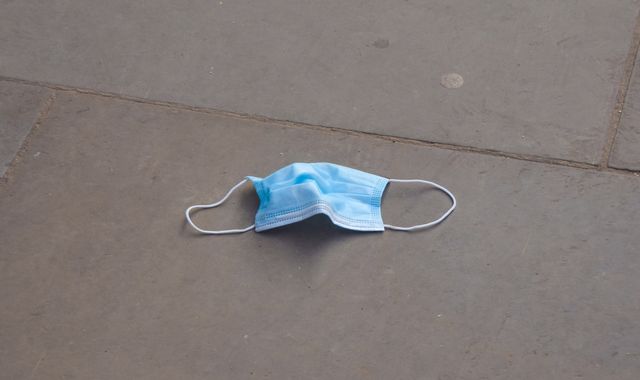Veterans join dig at site of Wellington’s field hospital on battlefield of Waterloo
Written by News on 13/07/2019
Wounded British veterans and serving members of the military have joined archaeologists in Belgium to help begin excavating the site of Wellington’s field hospital on the world-famous battlefield of Waterloo.


They will be digging at the site where thousands of men were treated for their injuries – often having limbs removed without anaesthetic during the battle of 1815 which ended with the crushing defeat of Napoleon.
One of those who has travelled to Belgium is 30-year-old Matt Weston who lost both his legs and part of his right arm while serving in a Royal Engineers bomb disposal unit in Afghanistan 10 years ago.
He told me: “I am glad I wasn’t there in those days. The field hospitals today are very, very different. If I had got injured like this back then they would have left me here.”
Matt, who uses a wheelchair, will deploy his drone and photography skills to help catalogue the dig and said it is a privilege to help uncover more history about the battle.
“It’s an honour really. The history of Europe was really forged in this battlefield and we’ve been given permission to dig it up.
“It’s something only the privileged few get to do. Just being here is amazing. You get to meet people from different backgrounds. It’s pretty impressive.”
Matt is one of a group of veterans taking part in Waterloo Uncovered – an ongoing project which combines world-class archaeology with a programme of care and recovery.
The aim is to build health and confidence, learn new skills and allow veterans to mix with people of other backgrounds.
The site of the field hospital at Mont St Jean, south of Brussels, has never been explored before and the team will use ground penetrating radar and metal detection to search for evidence of the medicine practised 200 years ago.
They also hope to find bones from limbs amputated at the site. As many as 6,000 injured men are believed to have been brought to the field hospital.
Ben Mead served 12 years in the army with the Royal Signals completing tours in Kosovo, Iraq and Afghanistan. After the helicopter he was travelling in was shot down in Afghanistan he suffered from PTSD and had a breakdown.
Being at the site of the field hospital he said he thinks about the kind of care he received compared to the those who fought at Waterloo.
But he told me he has come because military history fascinates him.
“A soldier is a soldier. Regardless if it’s 200, 300 years ago, you have the same mentality.
“And from research I have been doing the last year, I found the Battle of Waterloo was the last major “romantic” battle with cavalrymen, infantrymen, canon fire.
“I know medicine has advanced since but you do wonder what went through their minds.”
Dutch military veterans have also joined the dig, reflecting the important role played by Britain’s allies during the Battle of Waterloo. It was a battle which changed the face of Europe with the halt of Napoleon.
Professor Tony Pollard, director of the Centre for Battlefield Archaeology at the University of Glasgow, is working with the team and said the field hospital is a critical part of the story.
“We know that medical practise was often primitive. Surgeons operated without anaesthetic and under enormous pressure to amputate shattered limbs and suture appalling wounds caused by shot, sword and shell.”
“Many of the wounded succumbed to shock, blood loss or infection. And yet many lives were saved.”
He said the veterans now working at the site can provide a unique insight into things.
“They have seen war. They have seen ‘the elephant’ as they say. I haven’t. I have always been an archaeologist and I have never served.
“Some of the veterans here have fought in similar compounds to those around Waterloo. They can bring a unique experience. They’ve been under fire.”
The early finds from what will be a two-week excavation are already being bagged and catalogued. The military of today helping to tell the stories of those who went before them.
(c) Sky News 2019: Veterans join dig at site of Wellington’s field hospital on battlefield of Waterloo







